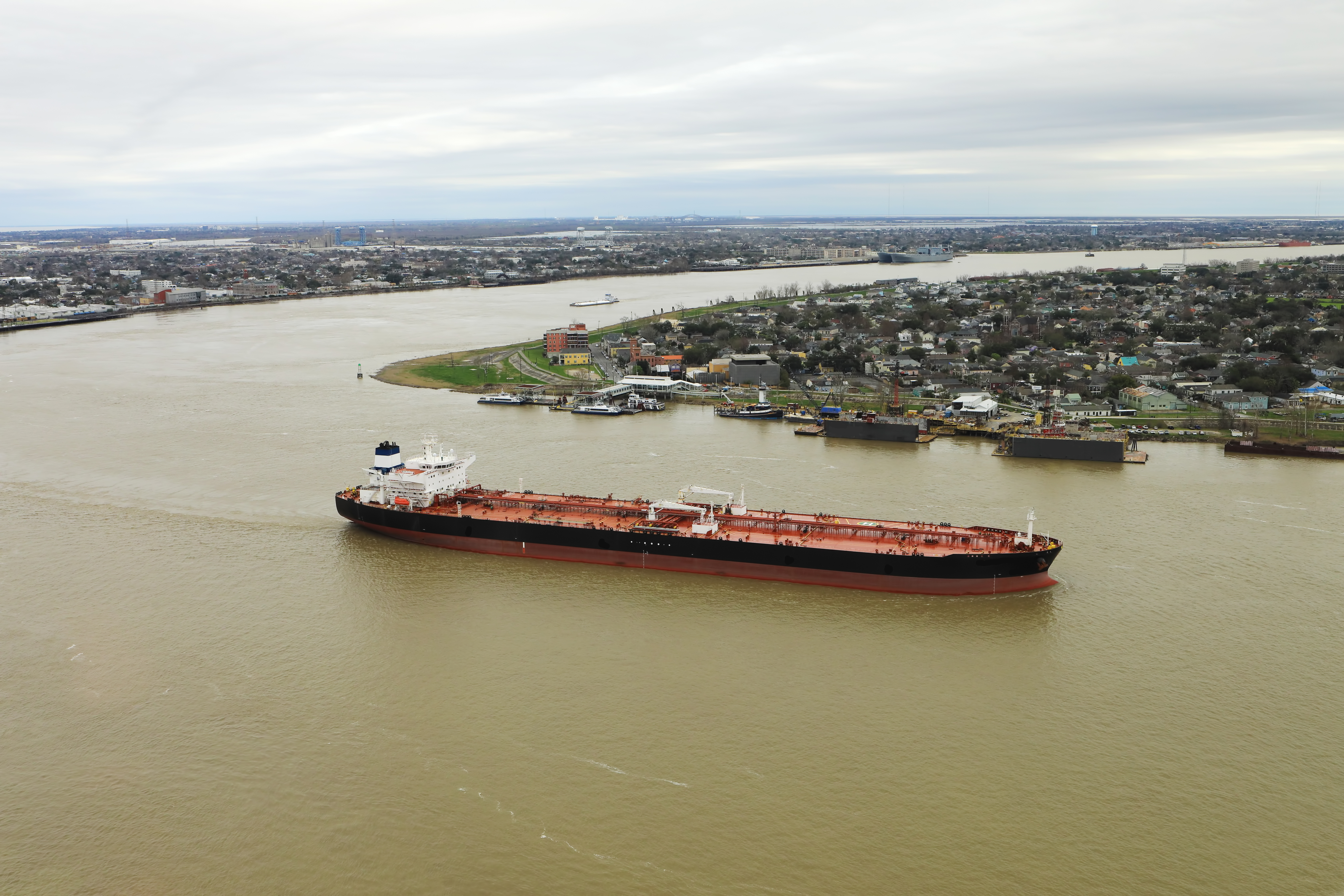Last week the Club published Circular 10/11 in respect of the increased liabilities that Members may potentially incur under the amended contract terms of one of the US based oil spill response organisations (OSRO). We strongly recommend all Members who might be affected to refer to this circular and check their vessel response plan arrangements.
Under new US Coast Guard requirements, tank vessel response plans (VRPs) must cite an oil spill response organisation (OSRO) with capability for applying dispersants by air. The deadline for compliance is the 30th September 2011 when operators of tank vessels will need to incorporate such dispersant capability in their response plans.
Marine Spill Response Corporation (MSRC), one of the two largest US based OSROs, has amended its service agreement for tank vessels by addition of a 'dispersant addendum'. This addendum to their contract terms contains indemnities that do not conform to the International Group's US VRP guidelines (published in Club Circular 6/09 - June 2009).
Clean Islands Council, the provider of compliant response services for ships calling at Hawaii, also offers a contract that does not conform with the US VRP guidelines.
For both of these organisations it will be necessary to purchase additional insurance in order to ensure full P&I coverage. Details can be obtained through the Club via your usual underwriting contact.
There is no similar requirement for non tank vessels and most VRPs for non tank vessels are therefore unlikely to refer to dispersant capability in their citation of MSRC, in which case no action is required. Members should, however, confirm this by directly checking their VRPs or consulting their plan writers.
We strongly recommend all Members who might be affected to refer to this Circular 10/11 and check their vessel response plan arrangements.




